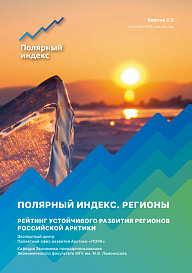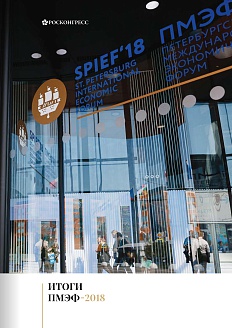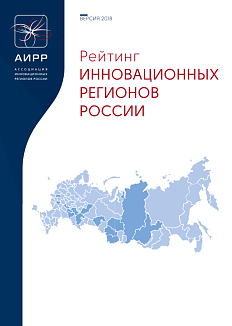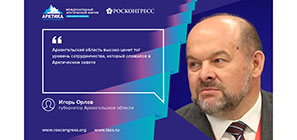As part of the project, two independent, although interconnected, sustainable development ratings are compiled, one for Russian Arctic regions, and the other for companies operating there. Besides giving the actual ratings, the report describes the methodology for the calculations and explains the concept of the Polar Index ratings. The Polar Index project is methodologically based on the so-called triple score concept: sustainable development is interpreted as a balance of its economic, environmental and social components.
The ’Polar Index. Companies’ rating covers 17 large companies working in the Arctic, of which six operate in the oil and gas sector, three in metallurgy, three in petrochemistry, two in the power industry, one in diamond production, one in transportation, and one is a state atomic energy corporation. The rating was calculated in two stages:
- on the first stage, the index of sustainable development of companies was calculated using a specially developed methodology based on a range of indicators, and
- on the second stage, an expert poll in the questionnaire form was conducted.
The three leaders of the rating are PJSC LUKOIL, PJSC SIBUR Holding, and PJSC MMC Norilsk Nickel. The second rating produced under this project, ’Polar Index. Regions’, was compiled using the authors’ own methodology, which is described in the report, and covered nine regions. The calculations were done in three stages:
- on Stage 1, a quantitative sustainable development index (QI) was calculated for each region,
- on Stage 2, an expert index (EI) for the region was calculated based on the results of an expert opinion poll conducted in the form of a questionnaire, and
- on Stage 3, the final integrated index (II) was calculated for the region based on the values of the quantitative and the expert indices.
It must be mentioned that this report is the second in the series. In June 2018, the authors presented their ’Polar Index: Version 1.0′ rating. Like this year, the first rating was topped by the following three companies: PJSC LUKOIL, PJSC SIBUR Holding, and PJSC MMC Norilsk Nickel. The results of the rating became a baseline for assessing sustainable development in the Russian Arctic.
This material was published in the Roscongress Information and Analytical System on the recommendation of the Roscongress Foundation expert community.






